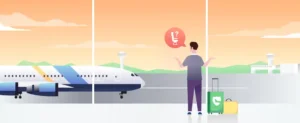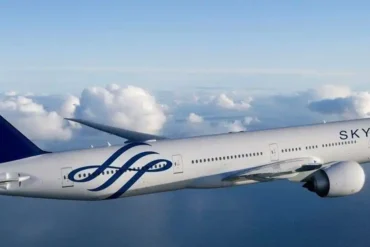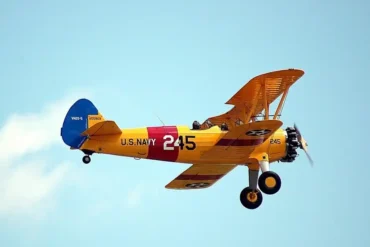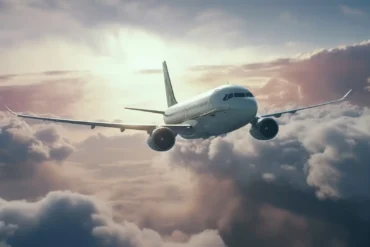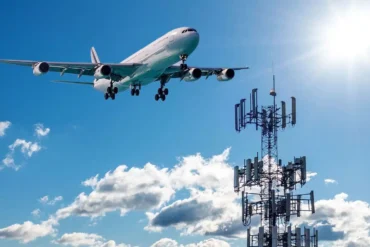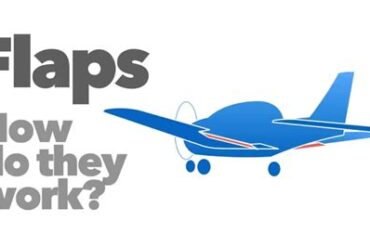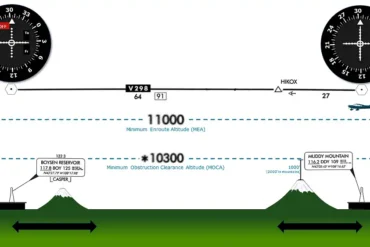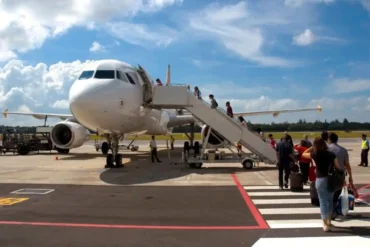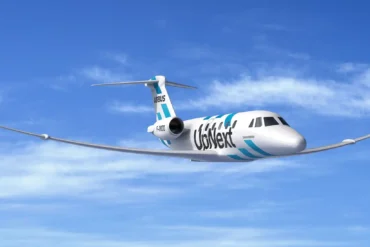Have you ever heard the term “overbooked” or “oversold” when it comes to flights? It’s a strategy airlines use to make sure their planes are full and they’re making the most money possible. They use clever algorithms to predict how many people might not show up, based on all sorts of factors.
Is Overbooking Even Legal?
Believe it or not, overbooking flights is perfectly legal under federal regulations. But don’t worry – there are rules in place to make sure passengers are compensated if they end up getting bumped from a flight because there aren’t enough seats for everyone.
The Bright Side of Overbooking
You might be surprised to learn that overbooking isn’t all bad news. It actually helps airlines keep their costs down, which can mean cheaper tickets for us passengers. Airlines expect a certain number of no-shows on each flight, so they sell more tickets than there are seats to make sure they’re not losing money. If everyone does show up and the flight is oversold, that’s when bumping might happen.
For travelers who don’t mind being flexible, getting bumped can actually be a good thing. Airlines often offer cash or vouchers to people who volunteer to take a later flight. Usually, some people are happy to volunteer, but sometimes nobody wants to change their plans, and that’s when involuntary bumping happens.
The US Department of Transportation has some interesting stats on this. They estimate that less than one in 10,000 passengers gets involuntarily bumped, though it might be a bit higher during busy holiday periods. In the year ending April 2018, about 15,000 passengers were involuntarily bumped out of more than 630 million who flew with major US airlines. That’s less than one in 42,000. But according to Vox.com, the DOT says the actual odds are even lower – one in 67,000, which is the lowest it’s been since 1995.
Which Airlines Overbook the Most?
According to a 2019 article from Money.com, if you’re flying with Spirit Airlines, you’re most likely to get involuntarily bumped. After that, it’s Frontier Airlines, Southwest, and Alaska. This ranking is based on the number of bumpings per one million passengers boarded from April 2017 to March 2018.
What Happens When a Flight is Overbooked?
In the US, there are rules about how airlines handle overbooked flights. Any commercial airline operating flights with 30 or more passengers that start in the US has to ask for volunteers before they can involuntarily bump anyone. They’ll only start involuntarily bumping people if they can’t get enough volunteers.
How Do Airlines Decide Who Gets Bumped?
Each airline has its own policies for deciding who gets bumped, which you can find in their contract of carriage. These policies lay out the order in which they’ll bump passengers.
For example, United Airlines tries to avoid bumping unaccompanied minors and people with disabilities, while American Airlines goes by the order people checked in. They also consider things like “severe hardships,” how much you paid for your ticket, and your status in their loyalty program.
Delta Air Lines looks at when you checked in, your loyalty status, and whether you’re flying economy or business class. If you bought a basic economy ticket, you might be more likely to get bumped. But they make exceptions for people with disabilities, unaccompanied minors, and military members.
How to Avoid Getting Bumped
Want to reduce your chances of getting bumped? Here are a few tips: Check in online as early as you can, and get to the airport with plenty of time to spare. When you’re booking your flight, try to choose your seat. On oversold flights, there might not be any seats left to choose from at check-in, and people without assigned seats might be more likely to get bumped.
Your Rights if You’re Involuntarily Bumped
If you do get involuntarily bumped from a flight in the US, you have rights. The Department of Transportation has regulations to protect you, as long as you had a confirmed reservation, checked in on time, and got to the gate when you were supposed to.
If the airline can get you to your final destination within an hour of when you were originally supposed to arrive, they don’t have to compensate you. But if you’re delayed by 1-2 hours for domestic flights or 1-4 hours for international flights, the airline has to pay you double your one-way fare, up to $775.
For longer delays – more than two hours domestically or four hours internationally – or if they can’t get you on another flight, they have to pay you double your one-way fare, up to $1,550.
You can ask for this payment right away. There are similar rules in the European Union, with some small differences, specifically for cases of involuntary bumping.
When You Might Not Get Compensated
There are a few situations where you might not be eligible for compensation:
- If the airline has to switch to a smaller plane for safety or operational reasons, and there’s not enough room for everyone, they don’t have to compensate you.
- On smaller planes with 60 or fewer seats, you might get bumped for weight and balance issues related to safety or operations.
- If you get downgraded from a higher class because of bumping, you’ll only get a refund for the difference in fare.
- Charter flights, which are special contracted trips not part of the airline’s regular schedule, don’t fall under these compensation rules.
- The rules don’t apply to flights on really small planes with fewer than 30 passengers.
- Flights leaving from places outside the US have different rules. For example, flights departing from or arriving in the EU follow a different set of regulations.
